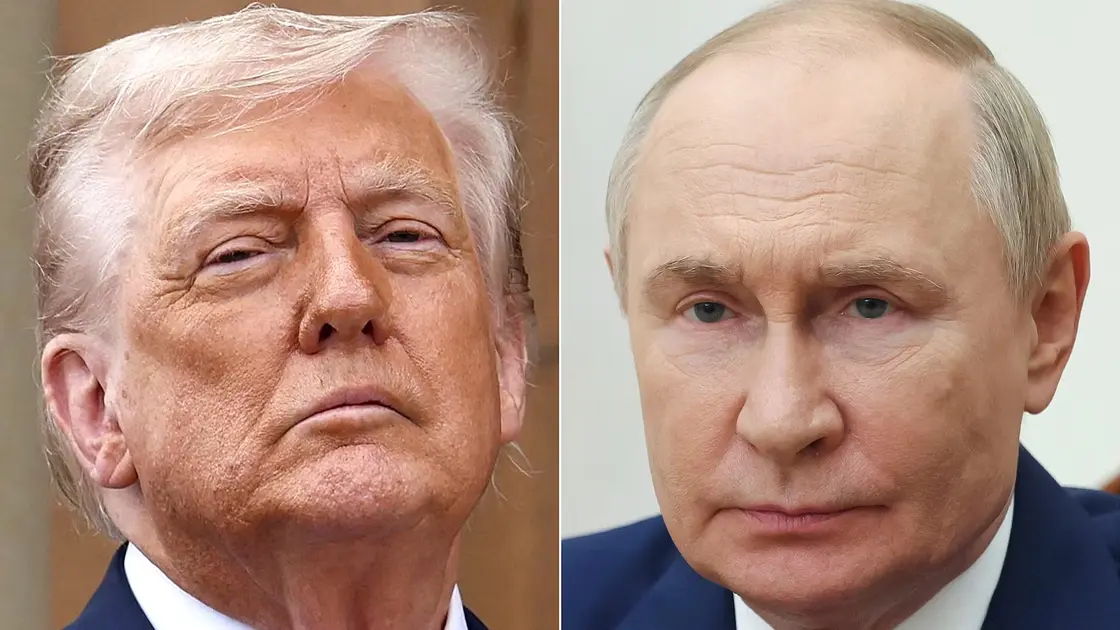T4K3.news
Trump questions Putin’s change ahead of summit
Trump asks what has changed about Putin as Alaska talks loom, signaling cautious diplomacy amid Ukraine tensions.
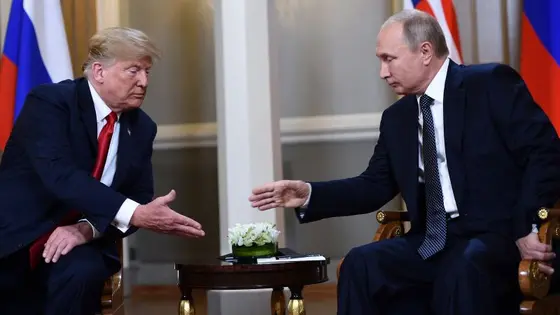
As the Alaska meeting nears, Trump probes whether Putin has altered his approach, reflecting tension over Ukraine and Western hopes for a peace path.
Trump questions what changed about Putin ahead of summit
President Donald Trump has begun asking Europeans and White House aides what has changed about Vladimir Putin as the Alaska summit nears. The questions, described to CNN by three people familiar with the matter, show Trump trying to gauge whether a breakthrough to end Russia’s invasion is possible. Officials say Putin’s goals in Ukraine remain largely maximalist, and intelligence assessments caution that a ceasefire could be used to regroup rather than end the fight.
European officials say there are no signs of a fundamental shift in Putin’s aims. They worry a quick, favorable deal could amount to a submission, while they also recognize that Trump might bring a different approach that could alter the dynamics of the talks. Trump has warned of “very severe consequences” if Putin is not serious about ending the war, but he has not specified what those consequences would be. The president also stressed that any negotiations should respect Ukraine’s sovereignty and its right to determine its own security guarantees.
Key Takeaways
"Putin thinks he is winning, so he has no reason to bend"
Cited as part of US intelligence assessments on Putin's current stance
"I got along very well with President Putin"
Trump describing his past relationship with Putin
"Putin is definitely not preparing for a ceasefire or an end to the war"
Zelensky on Putin’s current plan according to his intelligence
"Putin is not a transactional leader, as many in the West had often assumed in the past, but is more motivated by imperial ideas"
Michael McFaul on Putin's long-term outlook
The article frames diplomacy as a test of memory and leverage. Trump’s attempt to read Putin ahead of a face-to-face is a reminder that personal dynamics still matter in global bargaining. Yet the piece also highlights a core risk: meeting Putin without Ukrainian leadership present could be seen as rewarding Russia for ongoing aggression. Washington’s assessment portrays Putin as a hard target who believes he can pocket gains, harden his stance, and press on. That tension between a potential deal and Ukraine’s protection sits at the heart of any future policy.
The report also notes a shift in how some European allies view Trump, with some saying he now understands Putin differently. That evolution creates a fragile moment where misreads could tilt negotiations toward a fragile ceasefire rather than a durable settlement. The politics of sanctions, alliance credibility, and domestic expectations will color whatever comes from the summit and its follow-through.
Highlights
- Putin thinks he is winning and has no reason to bend
- Two minutes will decide if a deal is possible
- Putin is determined to present a meeting with America as his personal victory
- Putin is not a transactional leader but driven by imperial ideas
Political and diplomatic risk in high-stakes talks
The piece centers on a sensitive diplomatic moment that could influence Ukraine’s fate and U.S. or European political standing. The framing may provoke backlash from supporters of Ukraine or from critics of U.S. policy who fear concessions to Russia.
The outcome will hinge on what both sides decide in the days after the talks, not just what they say beforehand.
Enjoyed this? Let your friends know!
Related News
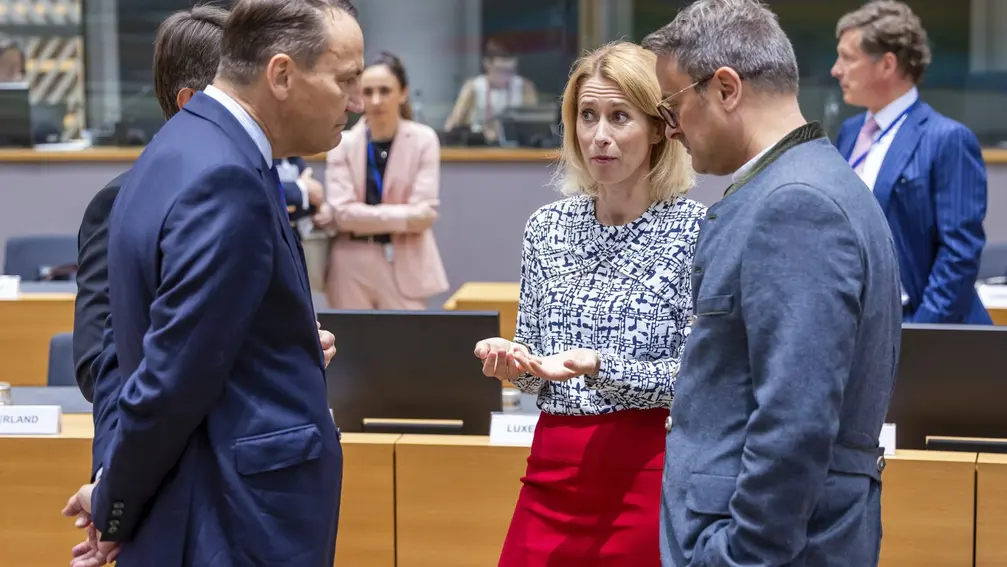
Pre summit diplomacy expands virtual talks ahead of Alaska summit
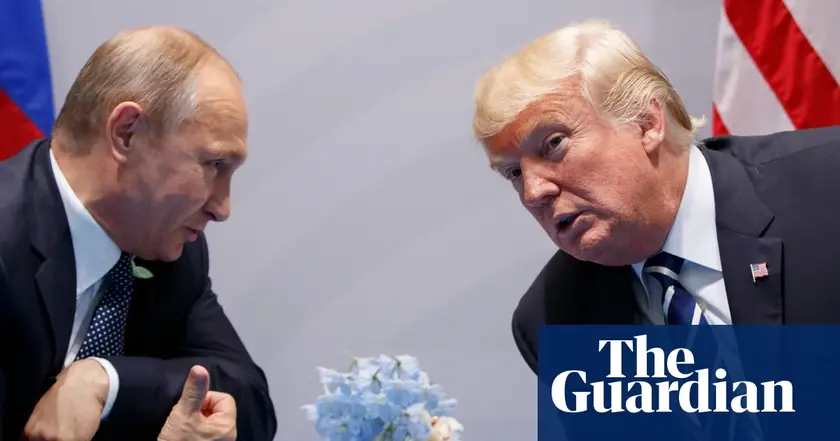
Trump Putin Alaska summit stirs Ukraine worries

Ukraine rejects Donbas concessions in ceasefire talks
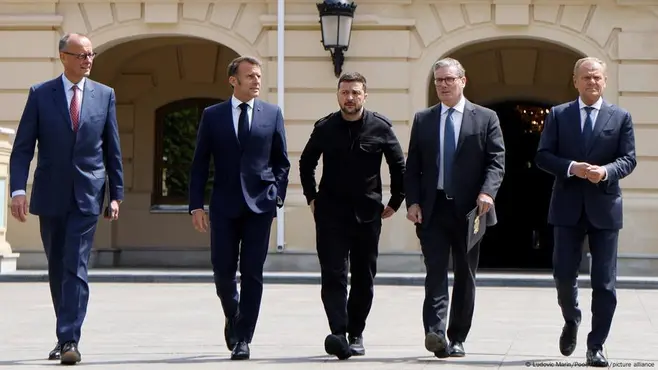
Ukraine support under pressure ahead of Alaska talks
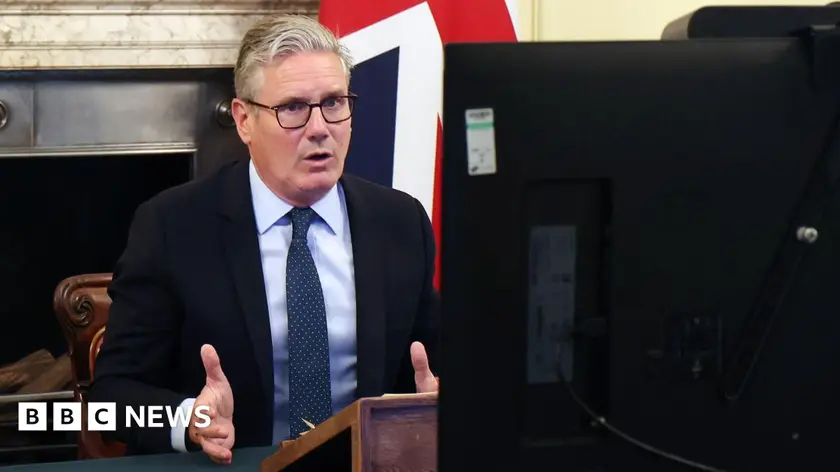
Ceasefire talks show viable chance
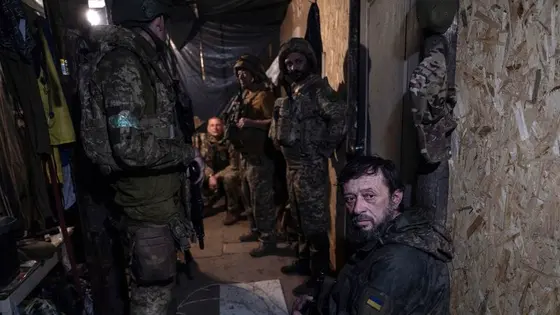
Europe wary as Putin and Trump discuss Ukraine
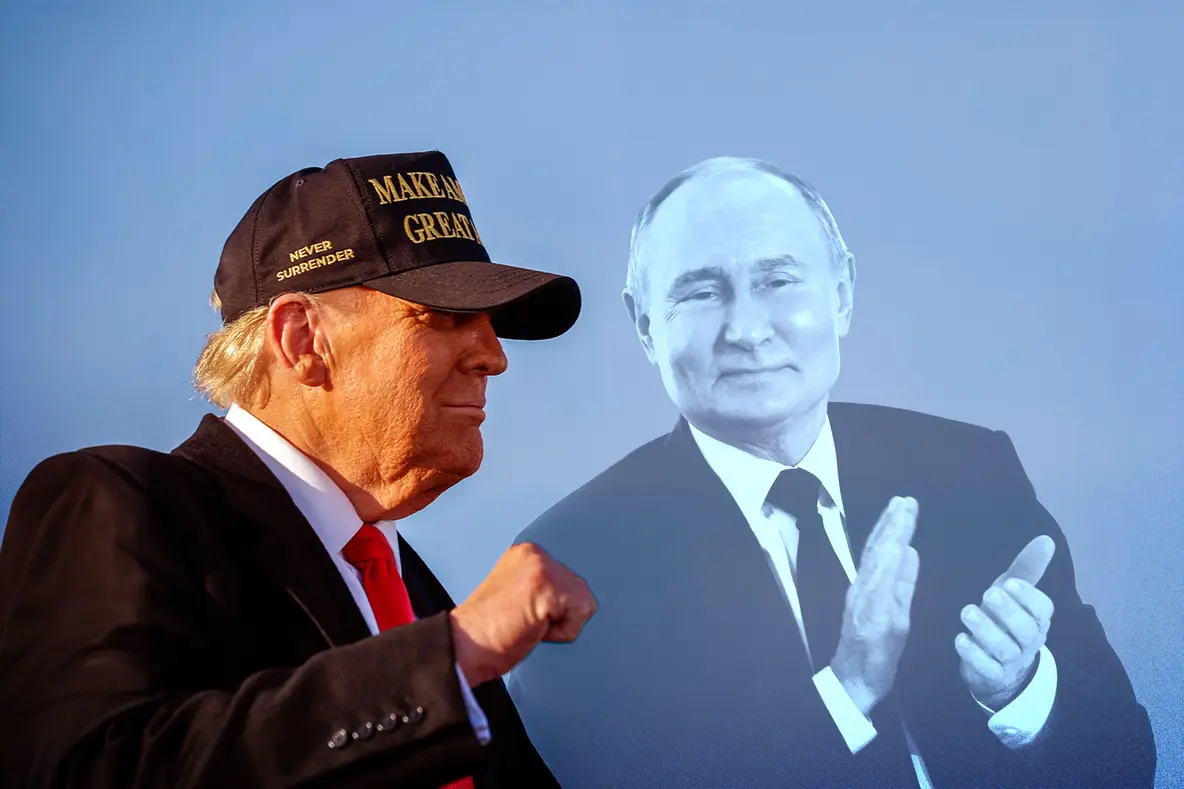
Ukraine at stake as Trump invites Putin to Alaska summit
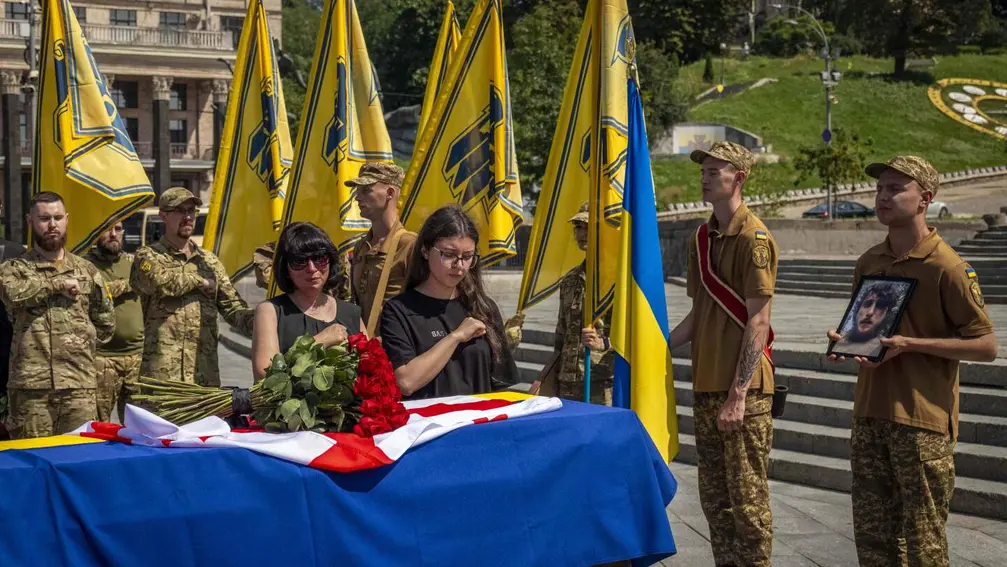
Ukraine unity shows in advance of Alaska talks
